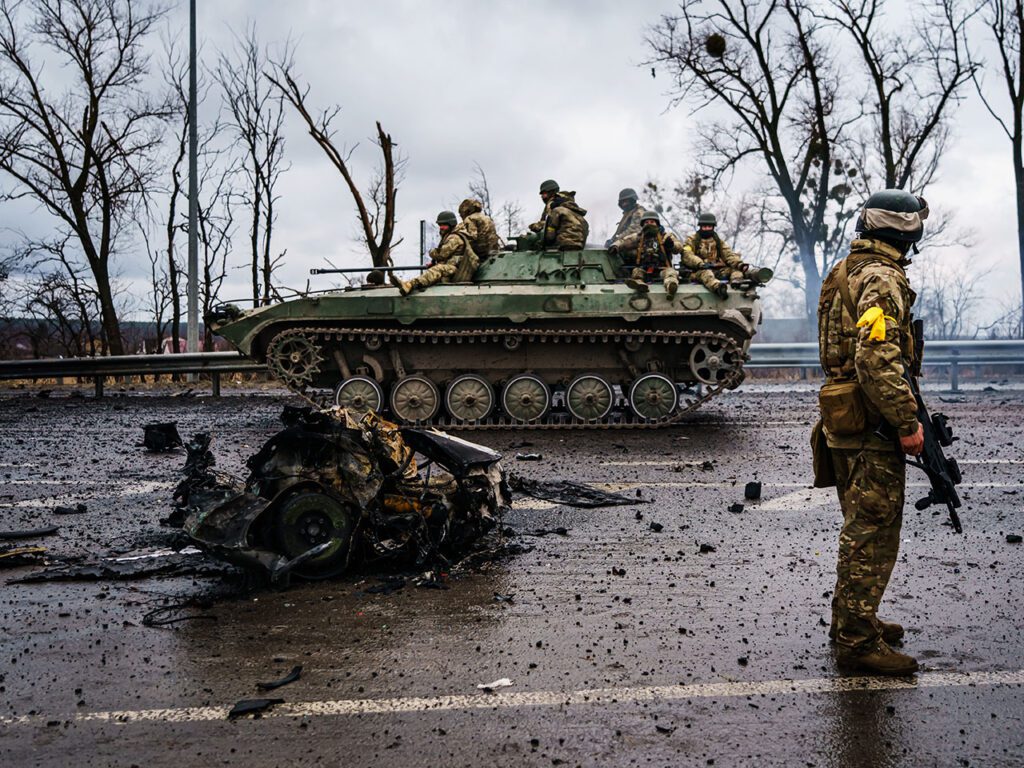Warfare has been a constant presence throughout history, leading to the popularity of military fiction as a genre. From ancient epics to modern classics, writers are drawn to the drama, action, and complexity of war. Sun Tzu’s “The Art of War” emphasizes the importance of strategy in warfare, a theme echoed in many military fiction works. Leadership in times of war is another key theme explored in these works, exemplified by characters like Atticus Finch in “To Kill a Mockingbird.” Additionally, the human cost of war is a poignant theme depicted in novels like “All Quiet on the Western Front.” Military fiction offers insights into the complexities of war, strategy, leadership, and sacrifice in times of crisis.
The Art of War: Analyzing the Most Compelling Military Fiction
Throughout history, warfare has been a constant presence in the human experience. As such, it is no surprise that military fiction has become a popular and enduring genre. From ancient epics like Homer’s The Iliad to modern classics like Stephen Crane’s The Red Badge of Courage, writers have long been drawn to the drama, action, and complexity of war. One of the most influential works in this genre is The Art of War by Sun Tzu, a Chinese military treatise written in the 5th century BC. In this article, we will analyze some of the most compelling military fiction works, drawing insights from The Art of War and exploring how they reflect the timeless themes of conflict, strategy, and sacrifice.
The Importance of Strategy
One of the central themes of The Art of War is the importance of strategy in warfare. Sun Tzu emphasizes the need for careful planning, the importance of knowing one’s enemy, and the value of deception and surprise. This theme is echoed in many works of military fiction, where characters must navigate complex battlefields and make difficult decisions in order to achieve victory.
One example of a novel that illustrates this theme is The Lord of the Rings by J.R.R. Tolkien. In the epic quest to destroy the One Ring, the characters must constantly adapt to new challenges and threats, using cunning and bravery to outwit their enemies. The Battle of Helm’s Deep, in particular, showcases the importance of strategy as the defenders of the fortress must use their knowledge of the terrain and their enemy’s weaknesses to hold off a much larger force.
The Nature of Leadership
Another key theme in military fiction is the nature of leadership in times of war. From generals to foot soldiers, leaders play a crucial role in determining the outcome of battles and shaping the course of history. In The Art of War, Sun Tzu emphasizes the qualities of a successful leader, including wisdom, flexibility, and the ability to inspire loyalty in their troops.
A classic example of a compelling leader in military fiction is Atticus Finch from Harper Lee’s To Kill a Mockingbird. While not a traditional war story, the novel explores themes of justice, courage, and moral leadership in the face of adversity. Atticus’s defense of Tom Robinson, a black man falsely accused of rape, demonstrates his unwavering commitment to principles of fairness and equality, even in the face of overwhelming prejudice.
The Human Cost of War
One of the most poignant themes in military fiction is the human cost of war – the toll that conflict takes on individuals, families, and communities. The Art of War acknowledges this reality, cautioning against unnecessary bloodshed and advocating for the use of diplomacy and negotiation whenever possible.
An example of a novel that powerfully explores this theme is Erich Maria Remarque’s All Quiet on the Western Front. The novel follows a group of German soldiers during World War I, portraying the harsh realities of trench warfare and the psychological impact of combat. Through the eyes of protagonist Paul Baumer, readers witness the devastation and loss experienced by soldiers on the front lines, illustrating the futility and senselessness of war.
Conclusion
Military fiction offers a compelling and insightful window into the complexities of war and human conflict. By drawing on timeless themes from The Art of War and other influential works, authors are able to explore the nuances of strategy, leadership, and sacrifice in times of crisis. Whether set in ancient battles or futuristic worlds, military fiction continues to captivate readers with its gripping narratives and profound reflections on the nature of war.
